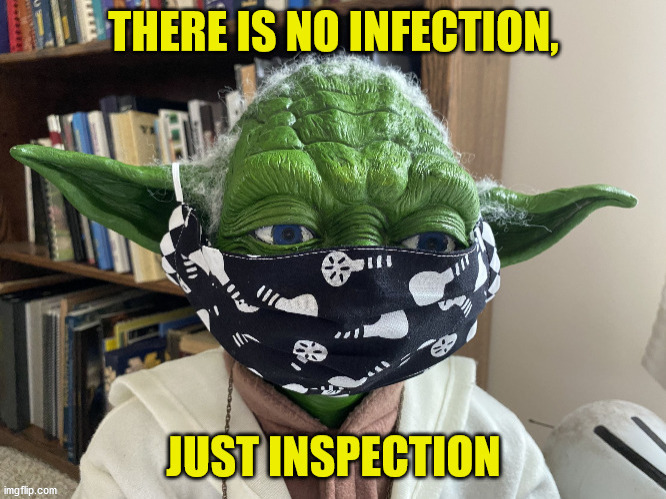
On January 1st, 2023, the company EzDubs, specialized in real-time AI dubbing, joined the AI tools online environment.

After completing a Kickstarter for better capabilities and functionality, the service was quickly picked up by 4chan and Reddit in the following weeks after its beta release in late January, with examples such as AI-voice-generated audio of President Joe Biden being a commonly used example (shown below). This, in turn, spurned the creation of AI-voice-generated video tutorials on how to use AI-voice generation, with the video by the channel uploaded on January 22nd, 2023, showing the 5 free AI voice-overs generators to use in YouTube videosįifteen.ai had a large number of memes being made from its voice-generating abilities between 20, but in January 2023, a new voice system caused a viral resurgence in both AI voice-over tools and AI-voice-generated memes, ElevenAI. In 2021, the usage of AI voice for the purpose of voice-overs in YouTube videos started to become more prominent, with AI-generated voices being used primarily in the tutorial and instructional videos to more clearly convey the lesson to the listener without giving away where the creator was originally from or sounds like. The video, being viewed over 58,000 times in two years, additionally helped to push the conversation and capabilities forward regarding what AI-voice generators could do or be used for, with voice-over work for small-budget indie titles not needing to be a pain point during development (shown below). Later that year on November 18th, 2020, Replica Studios then uploaded a video to its YouTube channel in which they showcased their Replica AI system, designed to be used in games to replace voice actors in Unreal Engine. The now-unlisted video received over 128,000 views in three years and helped to prove that the concept had a lot of potential (shown below). For example, also on March 6th, a video showcasing the newest advancement in AI voice was uploaded to YouTube by the channel Tyler McVicker, which had GlaDOS AI-generated voice lines. It started gaining attention on YouTube and Twitter in the following days as the first viral AI-voice tool.

On March 6th, 2020, MIT released the 15.ai software it had been working on for the previous two years.


 0 kommentar(er)
0 kommentar(er)
